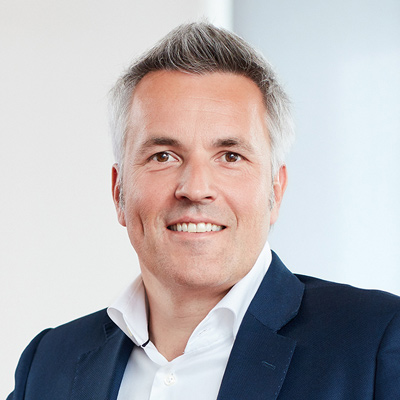On the latest draft of amendments to patent law
So the justification reads, "not least in view of the advanced digitalization, to simplify procedures, to clarify regulations of the applicable law and to delete superfluous or obsolete regulations. (...)". Exciting discussions are expected on the announced optimizations, particularly on the following topics.
Separation principle
In German patent law, a clear separation is practiced between infringement and validity proceedings, for which different courts have jurisdiction. Infringement proceedings before the civil courts and nullity proceedings before the Federal Patent Court are conducted independently of each other. The judgments on a patent infringement or the nullity of a patent usually differ considerably in time.
An adaptation of the current law should lead to an acceleration of the procedure, especially on the side of the legal inventory procedures.
Injunction
In the case of patent infringement, an injunction regularly results in the condemned company losing the right to manufacture, offer or distribute its end product, according to the current situation. In the automotive and telecommunications industries in particular, value chains have become increasingly complex in recent years and the number of suppliers has risen sharply.
An adaptation of the current law should make it possible for the legal consequences of patent infringement to be less severe, if the patent demonstrably infringes only a sub-module of the value chain and not the entire product.
Draft Law on Simplification and Modernization of Patent Law
.The draft published in mid-January 2020 by the Federal Ministry of Justice and for Consumer Protection (BMJV) serves as an initial basis for discussion.
The draft presents an amendment to Sections 82, 83 PatG. By setting the notification period to 6 months, the time span between court decisions of the German patent courts in infringement and nullity proceedings is to be reduced.
In addition to this proposed amendment, an expansion of Section 139 PatG is presented, giving judges more discretion in granting injunctions.
The last major reform of industrial property protection by the Act on the Simplification and Modernization of Patent Law took place in 2009.
Regarding Matthias Rößler:

Matthias Rößler, German and European Patent Attorney since 2003, studied mechanical engineering at the RWTH Aachen. He is co-founding partner of karo IP. A main focus of his practice is the management of large patent portfolios and the enforcement of bilateral litigation proceedings before patent offices and patent courts. His additional qualification as Master of Laws (LL.M.) qualifies him especially for multinational infringement matters in Europe.
